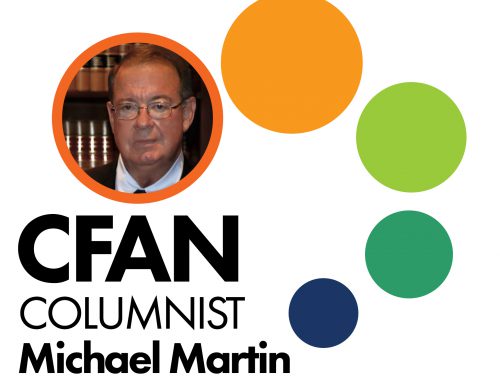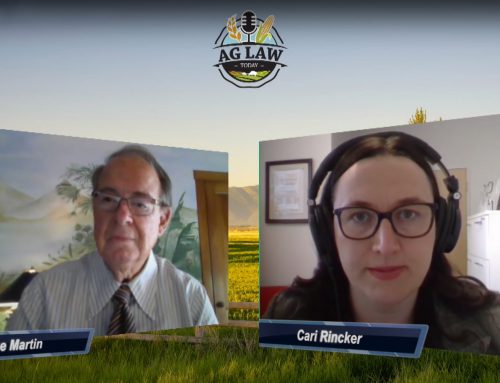There have been debates for years among Florida lawmakers on how to develop alternative energies. Several methods have been discussed including coal, nuclear, solar, wind, off shore drilling, and more. This year, Adam Putnam, the agricultural commissioner, will make another attempt in forwarding this endeavor.
Historically, there have been several unsuccessful attempts at creating new alternative energy. Commissions having been created, initiatives have been funded, and there have been tax initiatives. However, leadership changed hands here and there, and nothing ever happened.
Under Putnam, Florida agriculture hopes to successfully enter the ethanol industry which has huge potential for the near future. Two major industries in Florida hope to become involved: sugar and timber. There is a federal limit on the amount of ethanol that can be produced from corn, so now the focus will be on other ethanol producing agricultural products. By 2022, federal standards will require that much higher levels of biofuels be integrated into gasoline, and there will be a greater need for ethanol fuels.
Putnam noted that because of lower paper prices and less construction, the timber industry is seeing smaller returns and is therefore willing to enter new markets and hopefully increase profits.
The sugar industry can alter the technology used in harvesting to extract ethanol from cane, sorghum, and switchgrass, which can all be grown in sandy soils. This will barely affect the cash crops grown in the richer soils.
Recently, an analysis from the University of Florida enforced the plausibility of the sugar industry in South Florida being successful in the biofuel industry.
In hopes of making all this happen, Putnam is trying to reinstate tax exemptions and investment and production tax credits that expired four years ago. He also stresses additional funds directed toward cellulosic ethanol research related to the timber industry.


